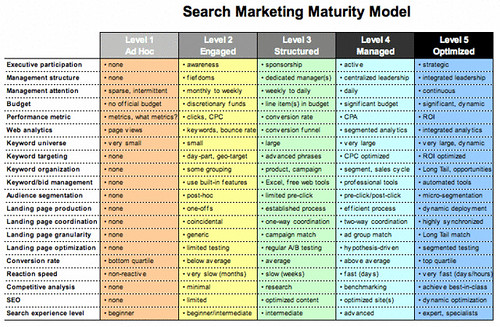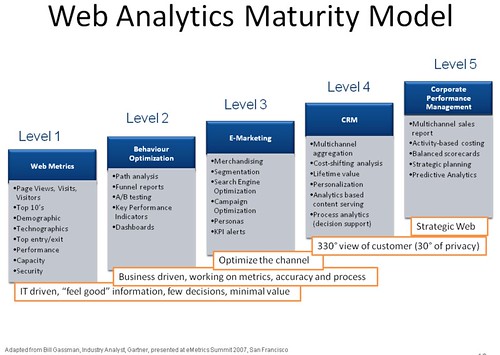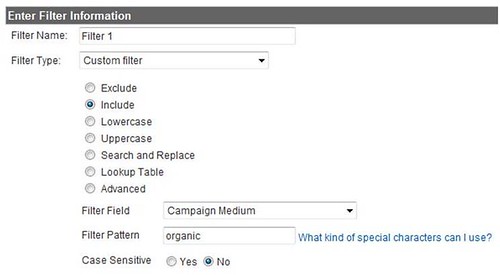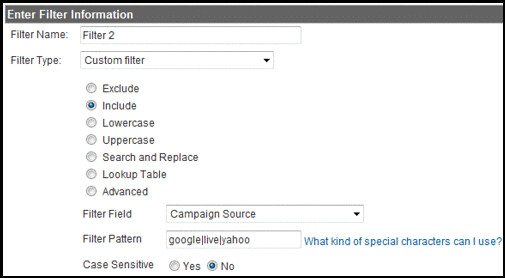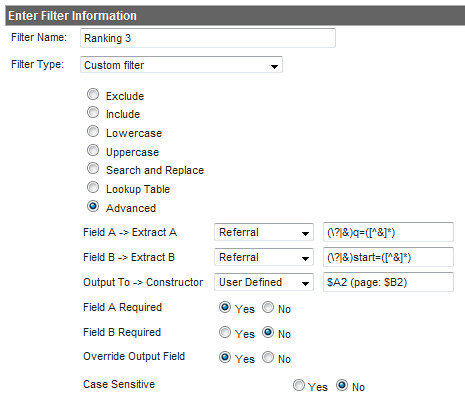There are all sorts of
Firefox plugins available for Internet marketers. If you're a search marketer specifically, this PPC Management toolbar should be a included in your 'Firefox must have add-ins'. Note* As the name implies, this tool is more for the PPC manager not the client due to the requirements (which you'll see below).
So, why is this toolbar a must have?
Here's a quick run-down of everything this tool offers:
- Keywords Estimate Tool
- Keyword Suggestion Tool
- Site Keywords Tool
- Account Statistics Tool
Double Click this toolbar for your stats to update - it may take 60 seconds to update depending on the size of your account. The data you see will be for today only.

Right click to see the tool menu and drill down into your account level statistics.
Clicks: Total number of clicks accrued today
aCPC: average Cost Per Click today
Cost: Total spent today
Conv: Total number of conversions accrued today
C/C: Cost per Conversion today
So, what are the requirements?
-FF 2+ preferred but still works for versions 1.5-3.0.*
-AdWords Client Center
-AdWords API Tokens
Tip: Your statistics might take 60 seconds or more to load depending on the size of your account. If you still do not see data, you may need to restart FF and test your credentials again.

How to Install the PPC Management Firefox Addon?
Upon download, Firefox should automatically recognize the extension and install it.
If you get any errors:
Right click the logo, click ’save link as…’, after saving you can scan it with any Anti-Virus program, then open Firefox. In FF, click file -> Open File -> Find the file and open it -> Install

